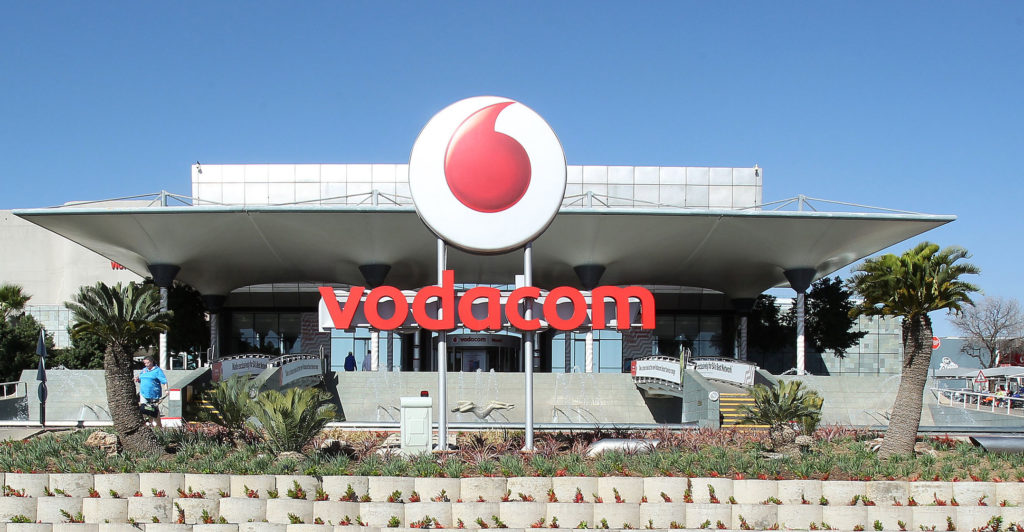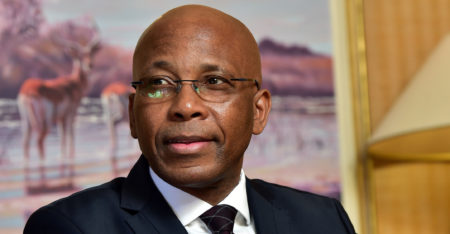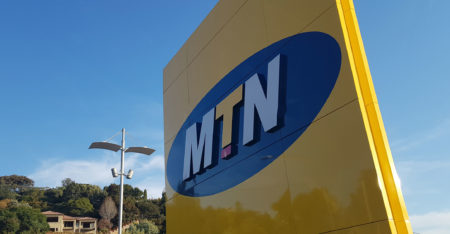African Rainbow Capital has attached an intrinsic value to telecommunications upstart Rain of R11.7-billion, or almost a third of Telkom’s market capitalisation.
Browsing: Telkom
Vodacom will comply with communications regulator Icasa’s new data expiry rules from this week, but the country’s largest mobile operator has said it will charge users to roll over their unused data.
Long-serving Telkom chairman Jabu Mabuza is stepping down from the JSE-listed telecommunications board at the end of May, more than seven years after he assumed the role.
Telkom sees an acquisition as one way to grow its mobile phone business as the former landline monopoly looks to boost profit and attract higher-paying customers.
Vodacom Group’s latest trading update, for the quarter ended December 2018, makes for sobering reading, particularly for those invested in the telecommunications sector.
Plans to build a superfast submarine broadband cable connecting South Africa and countries in the Middle East, South-Central Asia and Europe, are forging ahead, according to reports.
Altron’s continued turnaround, under the leadership of CEO Mteto Nyati, delivered the best performance among technology shares listed on the JSE in 2018, TechCentral’s annual review of the sector shows.
Cell C has become the second major mobile operator in South Africa, after Telkom, to comply fully with communications regulator Icasa’s new data-expiry rules.
With a little over two months left for South Africa’s telecommunications operators to implement Icasa’s new data-expiry rules, MTN said on Monday that it has begun complying with them
On the TalkCentral podcast this week, Duncan McLeod and Regardt van der Berg chat about the rumours about a possible Telkom and Cell C merger.











